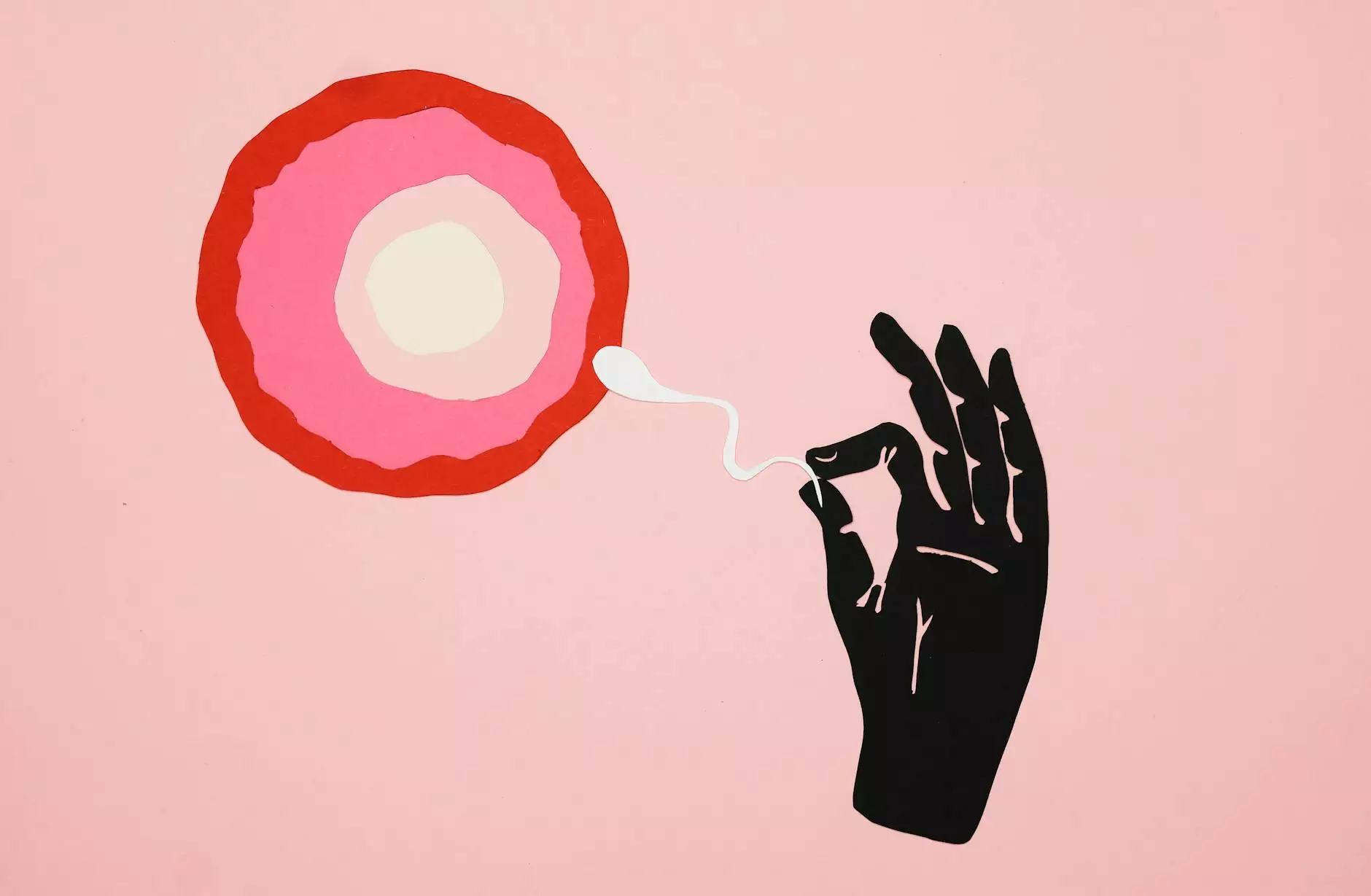Does Masturbation Lower Sperm Count?

Introduction
In the realm of naturopathic/holistic medicine, health and medical practices, and nutritionists, there is a common question that individuals often ask: "Does masturbation lower sperm count?" This article aims to shed light on this topic and provide valuable insights to help you make informed decisions about your health.
The Facts: Understanding Sperm Count
Before delving into the topic, it is important to understand what sperm count is. Sperm count refers to the number of sperm cells present in a given sample of semen. It is a crucial aspect of male fertility and plays a significant role in the reproductive process.
Research suggests that a healthy sperm count ranges from 15 million to more than 200 million sperm cells per milliliter. However, it is essential to note that sperm count can vary due to various factors such as age, overall health, lifestyle choices, and genetic factors.
The Effects of Masturbation on Sperm Count
Now, let's address the question at hand: does masturbation lower sperm count? The simple answer is no, it does not. Masturbation is a normal and healthy sexual activity that is practiced by individuals of all genders and ages. It does not have a significant impact on sperm count.
Various scientific studies and medical experts have debunked the myth that masturbation leads to reduced sperm count. In fact, regular ejaculation, whether through sexual intercourse, masturbation, or nocturnal emission (commonly known as "wet dreams"), can help maintain a healthy balance of sperm production.
Factors Affecting Sperm Count
While masturbation does not lower sperm count, there are several other factors that can influence sperm production and fertility:
1. Age
Age plays a crucial role in sperm production. As men age, the quality and quantity of sperm may naturally decline. However, this decline is not directly linked to masturbation but rather a part of the aging process.
2. Lifestyle Factors
Lifestyle choices such as smoking, excessive alcohol consumption, drug use, obesity, and poor dietary habits can negatively impact sperm count. Maintaining a healthy lifestyle and taking care of your overall well-being can contribute to optimal sperm production.
3. Medical Conditions
Certain medical conditions such as varicocele, hormonal imbalances, infections, and chronic diseases can affect sperm count. It is essential to consult a healthcare professional if you have concerns related to your reproductive health.
4. Environmental Factors
Environmental factors such as exposure to chemicals, radiation, heat, and toxins can also influence sperm count. Taking necessary precautions, such as avoiding prolonged exposure to extreme heat or chemicals, can help maintain healthy sperm production.
Conclusion
In summary, the notion that masturbation lowers sperm count is simply a myth. Masturbation is a regular and healthy sexual activity that does not have a significant impact on sperm production. It is crucial to focus on overall lifestyle choices, maintaining good overall health, and addressing any potential medical concerns when considering fertility and sperm count.
At iaswellnesscentre.ng, we prioritize naturopathic/holistic approaches to health and medical practices, providing you with comprehensive information on topics related to nutrition, fertility, and overall wellness. We aim to empower individuals with accurate information to make informed decisions about their health and well-being. Remember, if you have any specific concerns about your reproductive health or fertility, it is always best to consult with a qualified healthcare professional.



